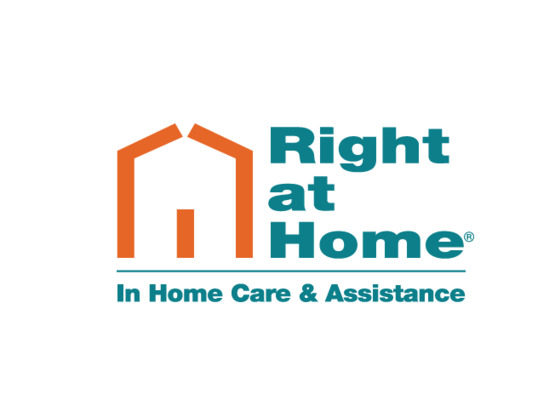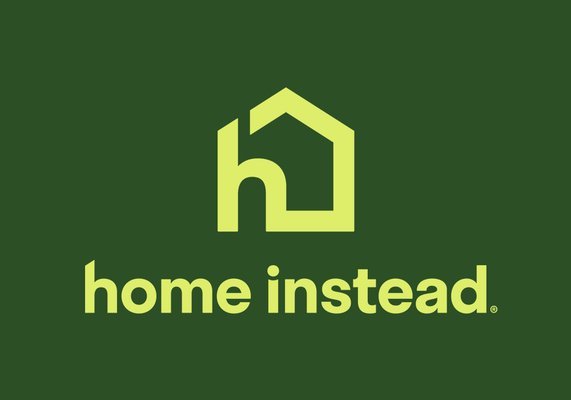
CARING STARS WINNER
2948 Via Esperanza, Edmond, OK, 73013
4.5
(149 reviews)
I would like to thank Right at Home for the person they provided us with in our Mom's final days. We were blessed to have such a nice, loving caregiver in Bobbie, who fit in with the entire family. She was very detailed in letting us know what to exp...
Pricing not available
















